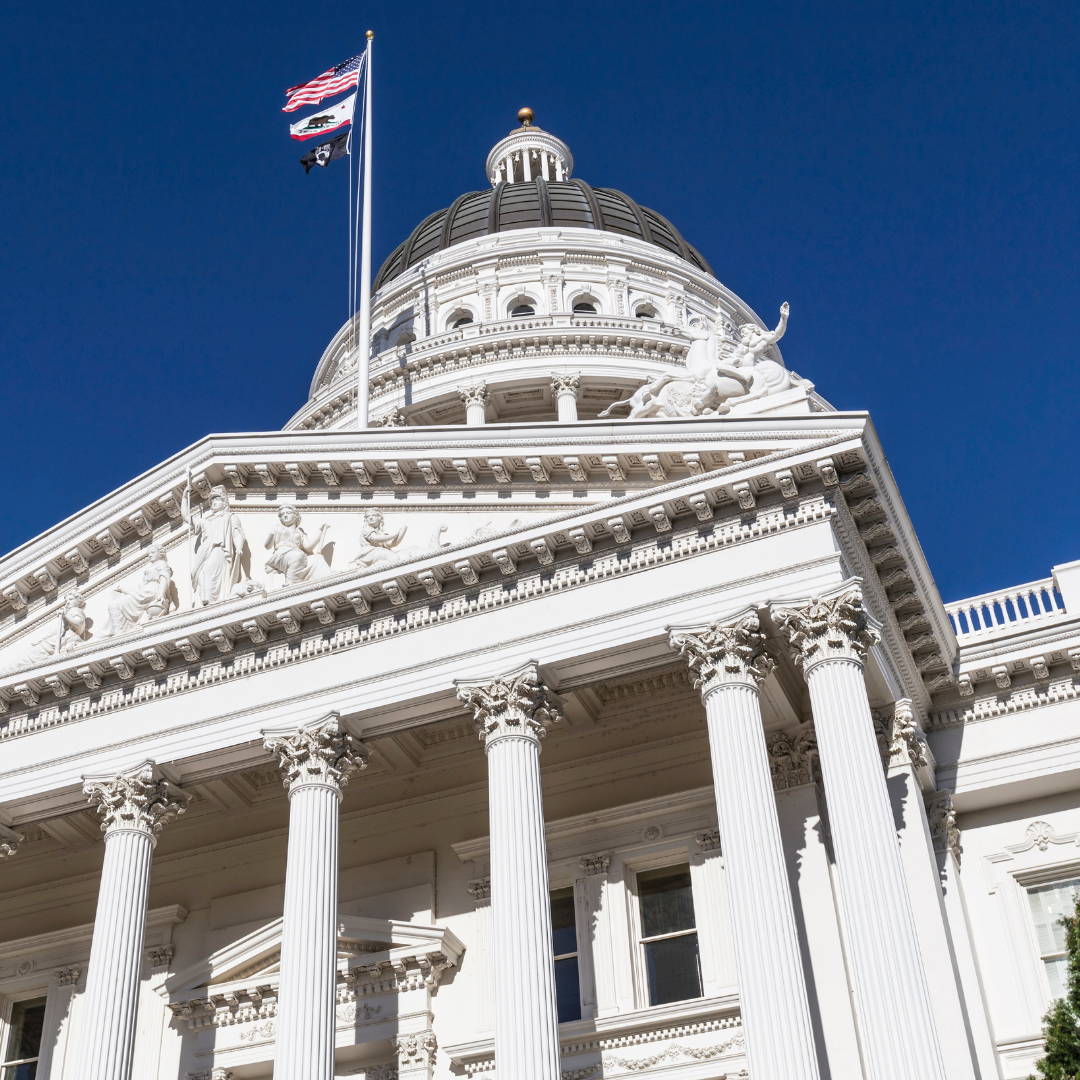New California Law Expands Non-Economic Damages In Survival Actions

Beginning January 1, 2022, a new law known as SB 447 took effect in California that allows plaintiffs in survival actions in the state to obtain damages for pain, suffering, or disfigurement suffered while the decedent was still alive. This major change will likely impact the value of litigated cases as well as the costs of defending these matters.
Survival actions are brought by a decedent’s successors or heirs to recover damages that the deceased would have been entitled to from the time of their injury up until the time of their death. Survival actions in California are governed by § 377.34 of the California Code of Civil Procedure (CCP).
Before 2022, if an injured party deceased before their case was resolved, recovery in that lawsuit was restricted to economic monetary losses and possible punitive damages under other statutes and could not include pre-death pain, suffering, or disfigurement. This restriction was uncommon, as only four other states (Arizona, Colorado, Florida, and Idaho) prohibited non-economic damages in these types of cases.
Negligence actions and medical malpractice actions will be impacted, though the $250,000 Medical Insurance Compensation Reform Act (MICRA) cap still applies to non-economic damages for pain and suffering. The bill also applies to all other personal injury and employment cases.
Prior to this new law being passed, defendants in survival actions were able to argue that any evidence of pre-death pain and suffering was immaterial, and there should be no discovery or evidence at trial on that issue. Under the new law, however, plaintiffs in survival actions will be entitled to introduce evidence regarding the suffering a decedent experienced before death. This evidence has the potential to increase the jury’s sympathy for the plaintiff, as well as increase defense fees due to the new area of discovery it introduces to this type of case.
Although only taking effect now, Governor Gavin Newsom signed the bill into law in October of last year. The law does contain a sunset provision, which will allow it to expire in 2026 without further action from the governor and legislature.